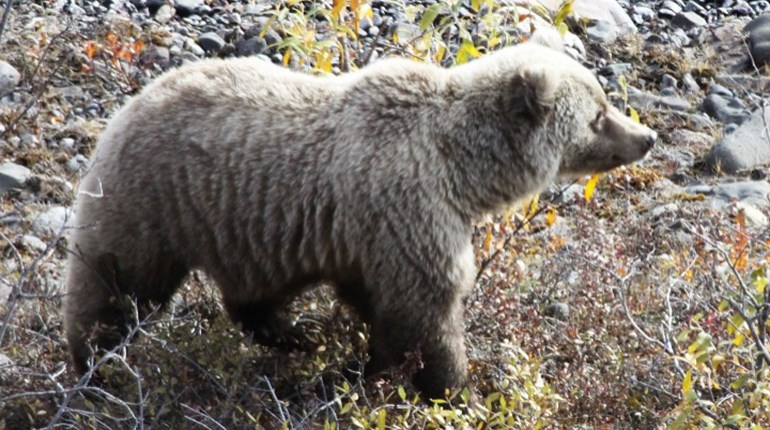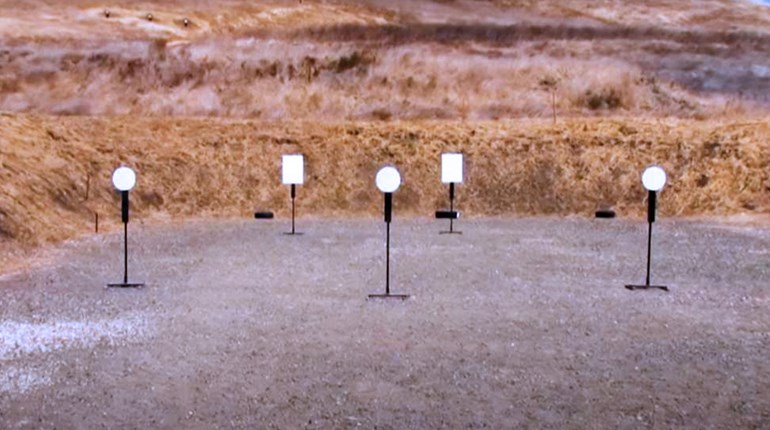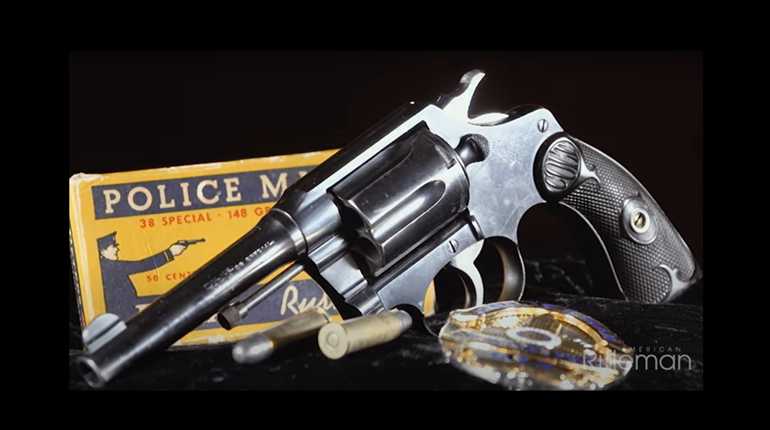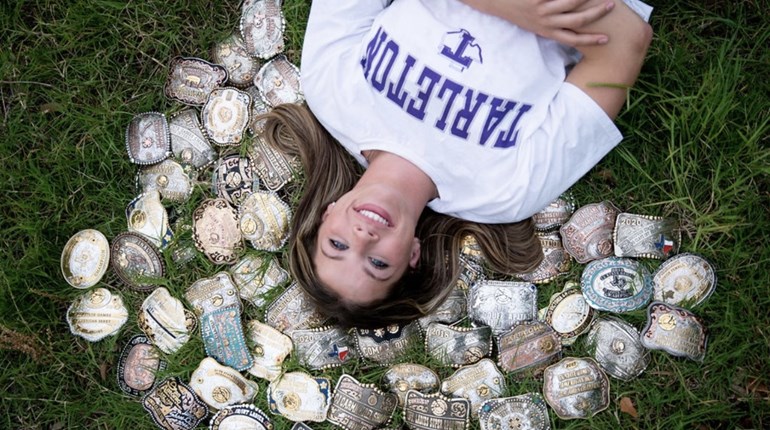
What’s a podcast? A relatively new form of electronic media, a podcast is simply an entertaining/educational audio program, similar to talk radio, that you subscribe to for free on your smartphone and listen to whenever you’d like. New podcast episodes are prerecorded and posted periodically, such as daily or weekly. But unlike talk radio, there are no set time limits for the length of stories. An individual podcast episode could be as short as a few minutes, or last an hour or more. There's money in podcasting ... but it's a technology-driven, indoor-only career, right? Well, not so much.
Currently, one of the most popular podcasts in North America in the sport-hunting genre is Bear Grease. Hosted by Clay Newcomb and co-produced by Isaac Neale, the name of the podcast itself explains its raison d’être.
Asked why he named his podcast Bear Grease, Newcomb said, “Bear grease—the rendered fat of a bear—is a metaphor for things forgotten yet still relevant. In other words, during pioneer times in America, everyone on the frontier knew what bear grease was and its many practical uses. Bear grease was even a commodity to be bought and sold.”
Newcomb continued, “Basically, Bear Grease is a storytelling podcast. Stories are a human being’s most basic way of communicating, and we tap into that natural tendency of people wanting to listen to good stories. We take the time to tell in-depth tales of people, both past and present, who lived/live their lives close to the land. In essence, our podcast is about people as much as it is hunting.”
To gather story material for the weekly episodes of Bear Grease, posted every Wednesday, Newcomb and Neale travel America interviewing hunters, wildlife biologists, anthropologists, writers, and anyone else they believe has a compelling story to tell. Asked why they don’t just interview those same experts over the phone, Neale said this.
“Recording interviews in person gives us professional sound quality, and with a podcast that’s critical to producing a top-notch product. It also allows us to spend more time with people than we would over the phone, resulting in more detailed, and we believe, more interesting stories.”
Newcomb estimates that he spends about one-third of his working hours on the road, roughly 10 days per month. Once home again, he’s writing story copy or editing the raw recordings he’s gathered. He prefers a conversational style of interviewing rather than a formal question-and-answer format. As a result, a single interview could produce two to three hours of recording, a huge amount of material to sift through when deciding what information to include in a completed podcast episode. Neale’s job is similar, only he does not spend quite as much time on the road.
For both Neale and Newcomb, their favorite part of their cool jobs as professional podcasters is the various outdoors people they meet and the beautiful, remote places they visit. Not surprisingly, Newcomb and Neale are both longtime hunters, their firsthand knowledge and past experiences in the outdoors having prepared them for their current jobs.
“When I was getting started, I didn’t have a thought of working in the outdoors industry,” said Newcomb. “I grew up in Arkansas, where I still live, and had a passion for white-tailed deer hunting with a bow, as well as bear hunting. In college, I studied environmental soil and water science, but never used much of that knowledge professionally after I graduated. Instead, I formed a landscaping company to have more control over my work schedule and to hunt.”
Newcomb wrote and sold his first freelance print magazine story in 2008, a piece about a deer he’d killed with his bow. “It felt pretty good to see the story published,” he said. That first story led to many others, eventually resulting in him becoming the editor and eventual owner of Bear Hunting magazine. “I owned the magazine until just a few years ago, when I sold it to a friend of mine to begin working as a podcaster.”
Neale’s background is similar. “I live in Missouri, and grew up hunting deer with my family,” he said. “In fact, opening day of the deer-gun season is still the highlight of the year for the Neales. It wasn’t until my college years, though, that things began to click for me professionally. I went waterfowl hunting with a buddy and really enjoyed it.
“Also at that time I began shooting outdoor photos, and those two interests (hunting and photography) merged, or maybe a better word is collided. Today, I’m not only an assistant-producer at Meateater, but also a professional freelance outdoors photographer. My photography clients include wildlife conservation groups such as Pheasants Forever and the National Wild Turkey Federation, as well as various outdoor equipment and clothing brands.”
Could becoming a professional outdoors podcaster be in your future? If you’re interested, Newcomb and Neale offer the following advice to begin testing those waters.
“Pursue your outdoor interests,” suggests Newcomb. “For me, those interests were deer and bear hunting, yet while I was doing those things I never once imagined they would one day lead to a job in the outdoors industry. I was just having fun, but at the same time I was always learning about the outdoors, whether I realized it or not.”
“Start now!” said Neale. “Interview people and write their stories. Take pictures of them doing what they do in the outdoors. And, at first, if no one will pay you to do those things, start your own online blog. My point is that you need to begin developing and sharpening your communication skills, and you do that over time, so don’t wait.”
Both men also mentioned the importance of perseverance, a solid work ethic, and realistic expectations. Gradually developing a network of professional contacts is important, too. But never get so focused on pursuing your own career that you don’t have time to help someone else succeed, they remind. The oft-quoted life adage, “What goes around comes around,” is certainly true. Other people will treat you as you treat them; it’s simply the Golden Rule put to practice. Finally, if you find yourself needing some occasional inspiration along the way, try listening to an episode or two of Bear Grease to hear and see what a professional outdoors podcast sounds and looks like. You can start now by clicking here.






































